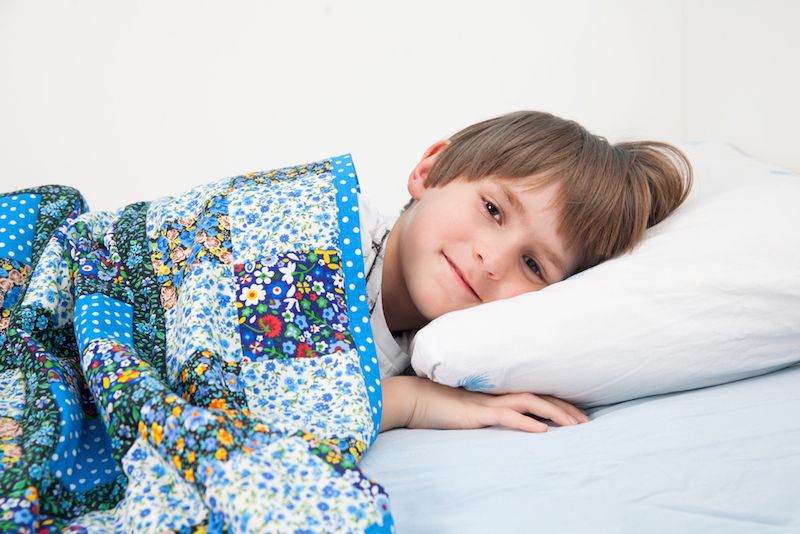Attention Disorder Drugs May Harm Kids' Sleep

Some children with attention deficit hyperactivity disorder (ADHD) who take stimulant medications to treat their symptoms may develop sleep problems, according to a new analysis of previous research.
Researchers analyzed nine previous studies involving a total of 246 children and teens that examined the relationship between ADHD medications and sleep. They found that children who took the medications took longer to fall asleep, slept for shorter amounts of time and generally didn't sleep as well as kids with ADHD who were not taking these medications, the researchers said.
"Sleep was worse in every analysis that we did," said study author Katherine M. Kidwell, a psychology doctoral candidate at the University of Nebraska.
ADHD is a common disorder that occurs in about 7 percent of children and adolescents, the researchers said. Stimulant medications are the most commonly used treatment for kids with ADHD, they said. An estimated 3.5 million children in the United States are prescribed ADHD medications.
"Children with ADHD tend to have terrible sleep already," research has suggested, Kidwell told Live Science. "And then, when they are on stimulant medications, their sleep just gets even worse." [ADHD Medications: 5 Questions and Answers]
However, previous studies examining the use of stimulants in treating children with ADHD have yielded contradictory results, the researchers noted. Some studies have suggested that the medications may lead to insomnia, but others have found the drugs may actually help kids sleep better. More research is needed to better understand the relationship between these medications and how well children sleep, the researchers said.
The new findings do not mean that kids with ADHD should stop taking these medications, Kidwell said. "We are not arguing that children should stop taking stimulant medications, because they are really beneficial," Kidwell said. Rather, the researchers are suggesting that "that parents can be advocates for their children," if they are having sleep problems, she said.
Sign up for the Live Science daily newsletter now
Get the world’s most fascinating discoveries delivered straight to your inbox.
Specifically, parents can discuss their children's sleep with their pediatricians, and get recommendations from their doctors or psychologists if they are having sleep problems, she said.
Parents can also help their children sleep by encouraging evening routines such as reading bedtime stories, she said in a statement.
Moreover, the results suggest that pediatricians should ask about sleep problems in children who are taking these medications, and consider sleep problems in weighing the potential benefits and adverse effects of stimulants when they prescribe them to children, the researchers said.
Research has shown that sleep problems in kids have been linked to cognitive and behavioral problems such as inattention or anger, the researchers said.
In some cases, the sleep problems that kids may experience while taking the medications could undermine the benefits of taking them, according to the study, published today (Nov. 23) in the journal Pediatrics.
Follow Agata Blaszczak-Boxe on Twitter. Follow Live Science @livescience, Facebook & Google+. Originally published on Live Science.












